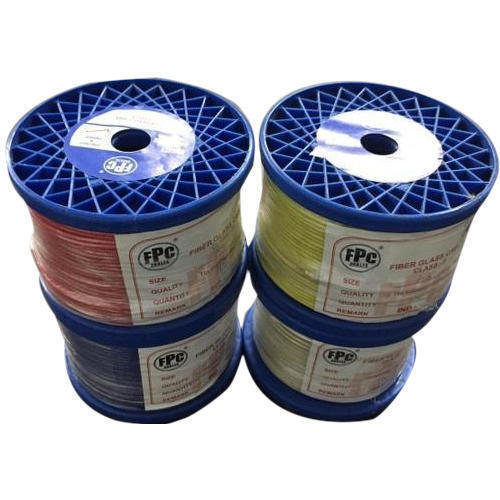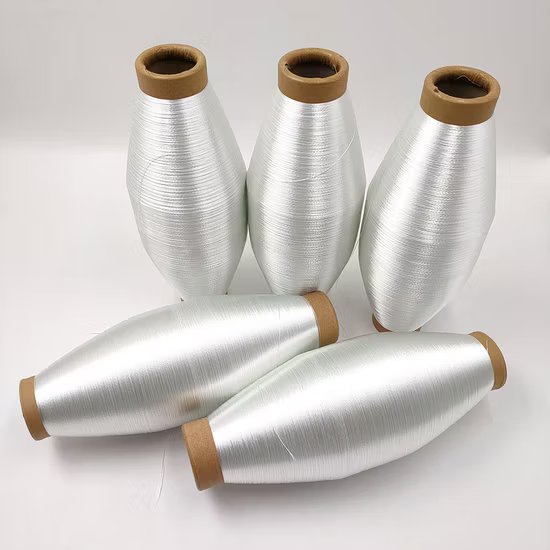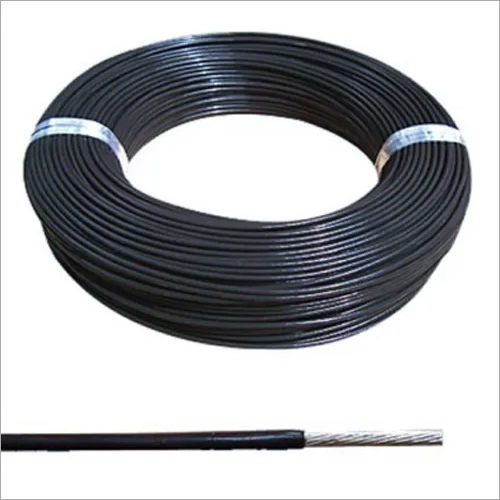- Home Page
- Company Profile
-
Our Products
- Fiberglass and Insulation Sleeves
- Fire Resistant Sleeve
- Insulation Sleeves
- Polyester Expandable Braided Sleeves
- SRBP Tubes
- Polyurethane Fiberglass Sleeves 1.5 kv
- Varnished Fiberglass Sleeve F Class
- Acrylic Fiberglass Sleeving
- Fire Sleeves
- Polyurethane Fiberglass Sleeve
- PVC Coated Fiberglass Sleeve
- Silicone Coated Fiberglass Sleeve
- Polyurethane Coated Fiberglass Sleeves
- Fiberglass Sleeve ( China Sleeve )
- Fiberglass Sleeving B Class
- Nomex Paper and Electrical Insulation Papers
- Electrical Insulating Paper
- Eurotherm Laminated Nomex Paper NPN
- Pure Aramid Paper
- Laminated Fleece Paper
- Laminated Aramid Paper
- Saturated Fleece Paper
- DuPont Nomex Paper
- Saturated Fleece Paper
- Insulating Kraft Paper
- Insulation Pressboard
- Laminated Nomex
- Electrical Insulation Papers and Laminates
- Pure Aramid (Nomex) Paper
- Laminated Fleece
- Black Kraft Paper
- Amotforse Brown Kraft Paper
- Diamond dotted Paper
- Fiberglass and Insulated Cables
- Glass Epoxy Sheets and Wedges
- Varnishes and Thinners
- Electrical Insulation Tapes
- Electrical Insulation Sheets and Fabrics
- PTFE Wire
- Silicon Cable
- Insulation Film
- Fiberglass and Insulation Sleeves
- Certificates
- Contact Us

Insulated Cables
25 INR/Meter
Product Details:
- Material Fiberglass Braided Copper Wire
- Usage Industrial
- Rated Voltage 600/1100 Volt (V)
- Length 100 Meter (m)
- Color Blue
- Warranty 1 Year
- Click to view more
X
Insulated Cables Price and Quantity
- 25 INR/Meter
- 1 Meter
Insulated Cables Specification
- 600/1100 Volt (V)
- 1 Year
- 100 Meter (m)
- Industrial
- Fiberglass Braided Copper Wire
- Blue
Insulated Cables Trade Information
- 1000 Meter Per Month
- 7 Days
- Asia, Australia, Central America, North America, Western Europe, Middle East, South America, Eastern Europe
- All India
Product Description
Insulated cables are an essential part of electrical and communication networks because they offer a reliable way to transport electricity and electrical messages. To guard against electrical leakage and assure dependable functioning, they are made with an insulating layer encircling the conductive core.
Insulated Cables Features:
1. Conductor: The core of insulated cables is constructed of a conductor, usually of copper or aluminium. The electrical current travels through this conductor.
2. Insulation: Depending on the intended usage of the cable, different insulating materials might be used to wrap the core conductor. PVC (Polyvinyl Chloride), XLPE (Cross-linked Polyethylene), and rubber are typical insulation materials.
3. Several Cores: Many insulated cables include several cores, enabling them to simultaneously transmit numerous signals or power phases. Multi-core cables, for instance, are frequently used in data transmission and electrical distribution.
4. Sheathing: A protective outer sheath or jacket consisting of materials like PVC, PE (Polyethylene), or LSZH (Low Smoke Zero Halogen) is frequently present outside the insulation layer. This sheath offers mechanical safety and resistance to the elements.
5. Variety of varieties: Insulated cables are available in a wide range of varieties to accommodate diverse purposes. These types include power cables, control cables, communication cables, and coaxial cables. Each type of cable is specifically engineered to serve its intended function.
Insulated Cables Benefits:
1. Electrical Insulation: Electrical safety is the main advantage of insulation in cables. Electric shocks, short circuits, and other electrical risks are made less likely by insulation, which stops electrical leakage.
2. Protection from Environmental Factors: Insulation and outer sheathing offer defence against mechanical damage, UV radiation, chemicals, moisture, and other environmental threats. This guarantees the cables durability and dependable operation under varied circumstances.
3. Reduced Interference: Insulation helps reduce electromagnetic interference (EMI) and radio frequency interference (RFI) in communication connections like coaxial or twisted-pair cables, ensuring clear signal delivery.
4. Low electrical losses and efficient power transfer are characteristics of power cables with suitable insulation. Higher voltage levels can be transmitted with less power loss using high-quality insulation materials like XLPE.
5. Flexibility and Robustness: Because some insulated cables are made to be flexible, they can be used in situations that call for frequent bending or movement. Their longevity and simplicity of installation are improved by their flexibility.
6. Insulated cables have a wide range of uses and can be customised to meet particular application needs. They are appropriate for a wide number of industries and applications since they are offered in a variety of sizes, voltage levels, and configurations.
7. Insulated cables are inexpensive because they offer a dependable and durable method of delivering power and communications. Utilising them cuts down on maintenance and replacement expenses.
Insulated Cable Specifications:
1. Surface Treatment: Braided
2. Temperature Range: 155-180 degree celsius
3. Voltage: 600/1100 voltage
4. Length: 100 Meters
5. Conductor Type: Bare copper/Tinned copper
6. Diameter: 0.50 sqmm - 240 sqmm
7. Power: 6 KV
8. Material: Fiberglass Braided Copper Wire
FAQs of Insulated Cables:
1. How do insulated cables function? What are they?
Ans: Electrical or communication cables with an insulated core conductor are those that have this feature. By ensuring that the current flows within the conductor, this insulation minimises electrical leakage and safeguards against electrical risks, lowering the risk of shocks and short circuits.
2. Which insulating materials are employed in cables, and why?
Ans: Depending on the intended usage, different types of insulation are employed in cables. PVC (Polyvinyl Chloride), XLPE (Cross-linked Polyethylene), rubber, and other materials are frequently used as insulation. Voltage rating, ambient circumstances, and required electrical qualities are only a few examples of the variables that influence the choice of insulating material.
3. What are some of the main advantages of using insulated cables?
Ans: Insulated cables have a number of advantages, such as electrical safety, defence against the elements, reduced interference, effective power transmission, durability, and adaptability. They are essential for the steady transfer of information and power in a variety of fields and applications.
4. How do I pick the best insulated cable for the job at hand?
Ans: Considerations for selecting the best insulated cable include voltage needs, environmental circumstances (such as exposure to moisture or chemicals), flexibility requirements, and the kind of signal or power being transferred. A skilled electrical engineer or cable specialists advice can help assure the right choice.
5. Are insulated cables subject to maintenance or safety concerns?
Ans: Yes, insulated cables must be properly maintained in order to be safe and effective. Check cables frequently for indications of wear, damage, or deterioration in the insulation. To reduce mechanical stress, check that wires are installed and routed correctly. It could also be required to perform routine electrical testing to confirm the insulations integrity.
Premium Build Quality
Manufactured using high-grade fiberglass braided copper wire, our insulated cables are designed to endure demanding industrial conditions. The superior insulation safeguards against electrical shocks, offering enhanced safety for every installation. These cables maintain consistent performance even under fluctuating voltages and extreme environmental circumstances.
Versatile Applications
Ideal for industrial installations, these insulated cables support a vast array of usage scenarios, including power transmission and control wiring. Their compatibility with rated voltages up to 1100V allows for dependable operation across heavy machinery and factory settings. The blue color enhances visibility for organized wiring layouts and safety compliance.
FAQs of Insulated Cables:
Q: How should insulated cables with fiberglass braided copper wire be installed in industrial settings?
A: These cables should be installed by trained professionals following standardized industrial safety protocols. Ensure correct voltage matching, secure the cable against physical damage, and use appropriate cable management systems to maintain insulation integrity.Q: What are the advantages of using a cable with a rated voltage of 600/1100V for industrial purposes?
A: Cables rated for 600/1100V offer enhanced electrical safety and can accommodate high-power machinery, reducing the risk of voltage overload while ensuring efficient energy transmission throughout industrial operations.Q: When is it recommended to replace the insulated cable despite having a 1-year warranty?
A: Replacement is advisable if there are visible signs of wear, insulation damage, or corrosion on the copper wire, even within the warranty period. Regular inspection helps prevent unexpected failures or downtime.Q: Where can I source these blue insulated fiberglass braided copper cables in India?
A: You can procure these cables from verified distributors, exporters, importers, manufacturers, suppliers, and traders across India. Many reputable vendors offer them in 100-meter rolls for bulk industrial use.Q: What is the process involved in manufacturing insulated cables using fiberglass braided copper wire?
A: The process begins with high-quality copper wire core, which is braided with fiberglass for insulation. The insulated core is then coated for additional protection, followed by rigorous quality checks to ensure compliance with industrial standards.Q: How are these insulated cables utilized in industrial environments?
A: These cables connect machinery and transmission units, supplying consistent power and control signals. Their reliable insulation ensures minimal loss and reduces electrical hazards across factory floors and automation systems.Q: What benefits do these insulated cables provide to industrial users in India?
A: They offer excellent longevity, robust safety properties, and high electrical efficiency, combined with easy sourcing and trusted after-sales support such as a one-year warranty, optimizing operational reliability for businesses.Tell us about your requirement

Price:
Quantity
Select Unit
- 50
- 100
- 200
- 250
- 500
- 1000+
Additional detail
Mobile number
Email

 Send Email
Send Email 






 Send Inquiry
Send Inquiry Send SMS
Send SMS
 English
English Spanish
Spanish French
French German
German Italian
Italian Chinese (Simplified)
Chinese (Simplified) Japanese
Japanese Korean
Korean Arabic
Arabic Portuguese
Portuguese